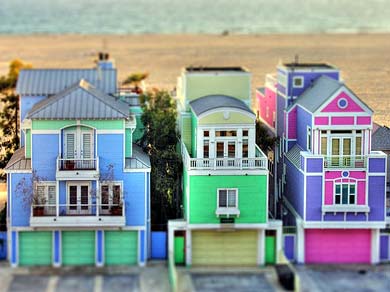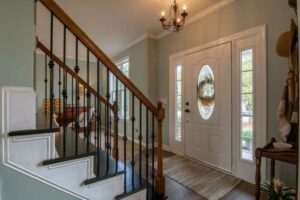There are a number of factors to consider when buying a second home. Up front and center are the variety of tax implications based on the amount of time you’ll use the property yourself and how much time the property will be rented out. Be sure to check with a CPA on the exact numbers.

Geena Cardwell has a nice article filled with tips and examples.
Say you rent out the house more than 14 days a year and you also use the house yourself for more than 14 days in a year or 10 percent of the days it was rented out. In this case you have to report the rental income, but you can also take a number of deductions. “Any expenses associated with investment property would be deductible,” says Mark Luscombe, principal tax analyst at CCH, a tax-information publisher. “Not only can you deduct the mortgage interest and real estate taxes as you do with a primary home, but also a portion of the homeowners-association fees and money spent on decorating the house and making repairs.”
So you can see that depending on the particulars, what you thought was an affordable situation can be a big tax liability… and vice versa. As Denzel Washington once said, “Luck is when an opportunity comes along, and you’re prepared for it.”



